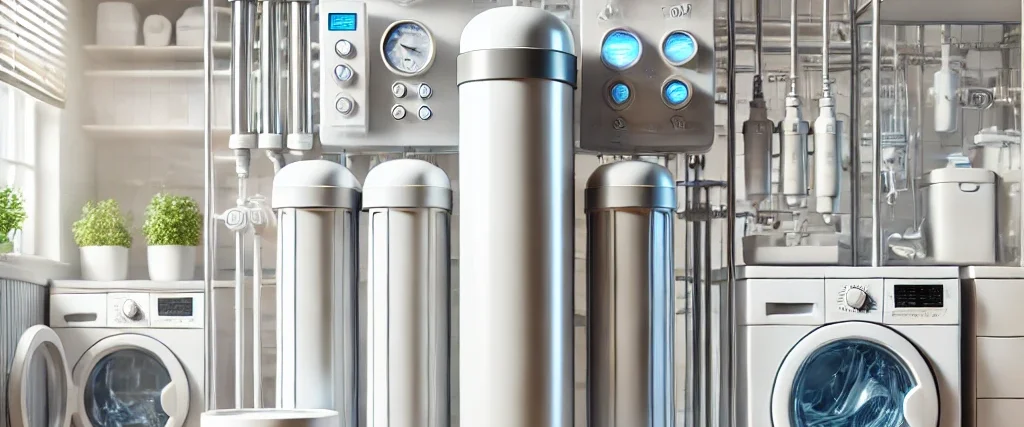Access to clean and safe drinking water is fundamental to maintaining good health. Despite advancements in water treatment, many households still face challenges related to water contamination. Understanding the importance of water treatment can help protect your family from various health risks.
Common Contaminants in Drinking Water
Drinking water can harbor a range of contaminants, including:
- Microorganisms: Bacteria, viruses, and parasites can cause illnesses such as diarrhea, cholera, and dysentery.
- Chemicals: Substances like lead, nitrates, and pesticides may enter water supplies through industrial processes or agricultural runoff.
- Heavy Metals: Arsenic and mercury can contaminate water sources, leading to serious health issues over time. :contentReference[oaicite:2]{index=2}
Health Risks Associated with Contaminated Water
Consuming untreated or contaminated water can lead to:
- Gastrointestinal Diseases: Pathogens like Giardia and norovirus can cause symptoms such as diarrhea and vomiting. :contentReference[oaicite:3]{index=3}
- Neurological Disorders: Exposure to high levels of lead can impair cognitive development in children and increase the risk of miscarriage in pregnant women. :contentReference[oaicite:4]{index=4}
- Chronic Illnesses: Long-term exposure to certain chemicals, such as per- and polyfluoroalkyl substances (PFAS), has been linked to increased cancer risks.
Benefits of Water Treatment Systems
Implementing a reliable water treatment system in your home offers several advantages:
- Removal of Contaminants: Effective filtration systems can eliminate harmful substances, ensuring safer drinking water. :contentReference[oaicite:6]{index=6}
- Improved Taste and Odor: Treating water can remove unpleasant tastes and smells caused by contaminants.
- Protection Against Waterborne Diseases: Proper treatment reduces the risk of infections from pathogens present in untreated water.
Choosing the Right Water Treatment Solution
When selecting a water treatment system, consider the following factors:
- Water Quality Assessment: Conduct a thorough analysis of your water supply to identify specific contaminants.
- System Types: Options include activated carbon filters, reverse osmosis units, and ultraviolet (UV) disinfection systems. Each targets different contaminants.
- Maintenance Requirements: Regular upkeep is essential to ensure the system’s effectiveness over time.
Implementing Water Treatment: A Practical Approach
To safeguard your family’s health, consider the following steps:
- Professional Consultation: Engage experts to assess your water quality and recommend suitable treatment options.
- Regular Monitoring: Periodically test your water to ensure the treatment system functions correctly.
- Stay Informed: Keep abreast of local water quality reports and any potential contamination issues in your area.
Ensuring Safe Water for Your Family
Investing in a proper water treatment system is a proactive step toward protecting your family’s health. By understanding the potential risks associated with contaminated water and taking appropriate measures, you can provide a safe and reliable water supply for your household.
For more information on water treatment solutions, visit https://mackinnonwatersundridge.com.


